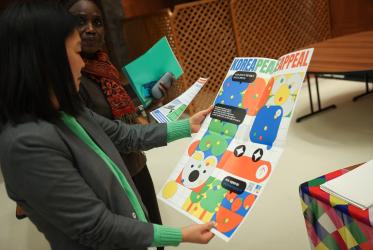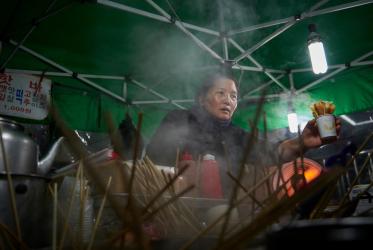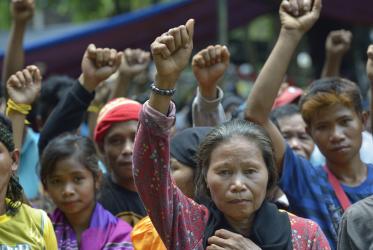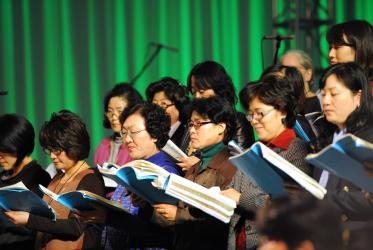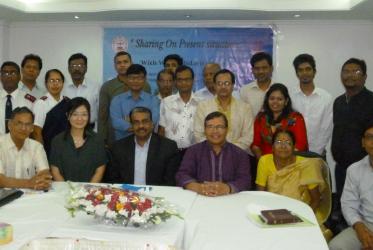Displaying 1 - 12 of 12
07 December 2023
WCC Executive Committee speaks out on migrant crises
12 June 2015
Killer Robots? Moral questions pervade UN conference
23 April 2015
Churches in Pacific strengthen ecumenical collaboration
11 November 2014
Assembly renews churches’ commitment towards justice and peace
08 November 2013
